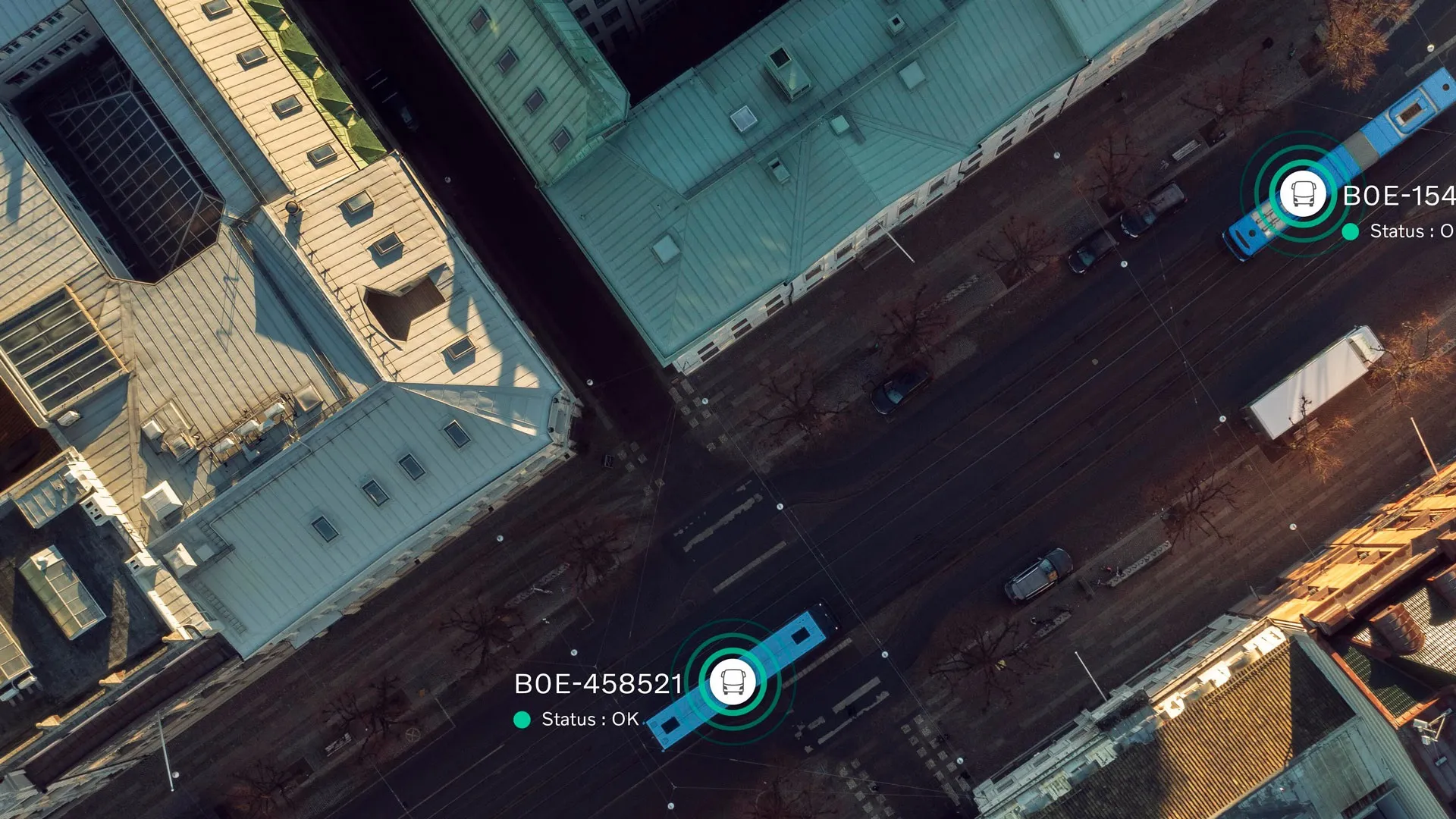Datalogic, a global leader in automatic data capture and industrial automation markets, expects a surge in next generation advanced data collection devices, which will intelligently edit and communicate data and play a critical role in providing improved business analytics, termed ‘big data’.
This vision for future market growth was delivered by Bill Parnell, President and CEO of Datalogic ADC, the division focused on the global automatic data capture market, speaking during ID World Rio de Janeiro, the
December 6, 2013
Read time: 2 mins
This vision for future market growth was delivered by Bill Parnell, President and CEO of Datalogic ADC, the division focused on the global automatic data capture market, speaking during ID World Rio de Janeiro, the third Americas summit on traceability, mobility and security.
“The objective in analyzing extremely large and diverse types of data is to uncover correlations and patterns, aiding fast decisions and improved business results. Business analytics focuses on why events are happening, what will happen next, and how to optimise the enterprise’s future actions,” said Parnell.
In terms of big data, the data volumes are huge. Parnell stressed the need for new data collection solutions to intelligently collect the large volume and variety of data in these complex transactional environments.
The future of automatic data collection is going far beyond simply scanning barcodes. For instance, advanced high performance imaging technology reads barcodes but also provides images that are the basis for item recognition systems using visual pattern recognition software. He also stated that benefits from business analytics are being seen in many other industries such as government, healthcare, and logistics while also serving as a catalyst to the development of more complex and higher performing data collection systems.
The end goal is to manage ‘big data’ for better business and improved customer satisfaction. Next generation advanced data collection devices, such as those from Datalogic, are crucial in providing the fuel for these analytical decision-support systems.









